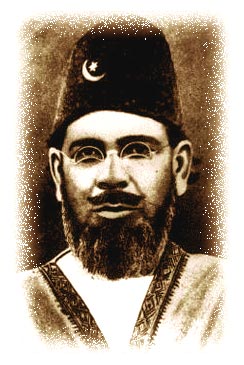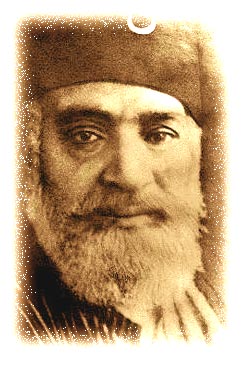알리
형제:
몰라나 모함마드 알리, 몰라나 쇼캇 알리
Ali Brothers:
Maulana Mohammad Ali, Maulana Shaukat Ali
|
알리
형제: 몰라나 모함마드 알리, 몰라나 쇼캇 알리
[파키스탄의
역사]
모함마드 알리는 종종 알리가 대학의 당위성, 무슬림 정치참여의 필요 등에 대한 글을 자주 썼다. 1911년 그는 유명한 영자주간지 “Comrade”를 창간했고 1년 후 우르두 잡지 “Hamdard”를 창간하였다. 알리 형제는 발칸전쟁, 영국의 알리가대학 재편(College에서 University로) 거부 등을 이유로 영국통치에 반대하는 사람이 되었다. 그들은 세계1차대전 4년동안 친터어키 활동을 혐의로 구금되었다. 1919년에 석방된 후 그들은 킬라파트 운동(Khilafat Movment)를 이끌었으나 다시 1921년에 감금되었다. 1923년 모함마드 알리는 India National Congress의 당수로 일했다. 후에 1930년 첫 번째 원탁회의에서 마음을 울리는 연설을 하였고 런던에서 “나에게 자유를 달라 아니면 내 무덤을 달라”라는 유언을 남기고 사망하였다. 그는 자유가 없는 인도로 돌아가기를 원치않았기 때문에 예루살렘에서 장사되었다. Khilafat Movement force that arose in India in the early 20th century as a result of Muslim fears for the integrity of Islam. These fears were aroused by Italian (1911) and Balkan (1912-13) attacks on Turkey -whose sultan, as caliph, was the religious head of the worldwide Muslim community- and by Turkish defeats in World War I. They were intensified by the Treaty of Sevres (August 1920), which not only detached all non-Turkish regions from the empire but also gave parts of the Turkish homeland to Greece and other non-Muslim powers. A campaign in defense of the caliph was launched, led in India by the brothers Muhammad Ali and Shaukat Ali and by Abul Kalam Azad. The leaders joined forces with Mahatma Gandhi's Noncooperation campaign for Indian freedom, promising nonviolence in return for his support of the Khilafat movement. In 1920 the movement was marred by the hijrat, or exodus, from India to Afghanistan of about 18,000 Muslim peasants, who felt that India was an apostate land. It was also tarnished by the Muslim Moplah rebellion in South India in 1921, the fanatic excesses of which deeply stirred Hindu India. Gandhi's suspension of his movement and his arrest in March 1922 weakened the Khilafat movement still further. It was further undermined when Mustafa Kemal Ataturk drove the Greeks from western Asia Minor in 1922 and deposed the Turkish sultan in the same year; finally it collapsed when he abolished the caliphate altogether in 1924. Thereafter, the Ali brothers veered toward communalism, which eventually merged with the Pakistan movement. Copyright ⓒ 1994-2002 Encyclopædia Britannica, Inc. |
| 파키스탄 개요 | 역사 | 경제 | 결혼식 | 기후 | 토막정보 | 방명록 |

